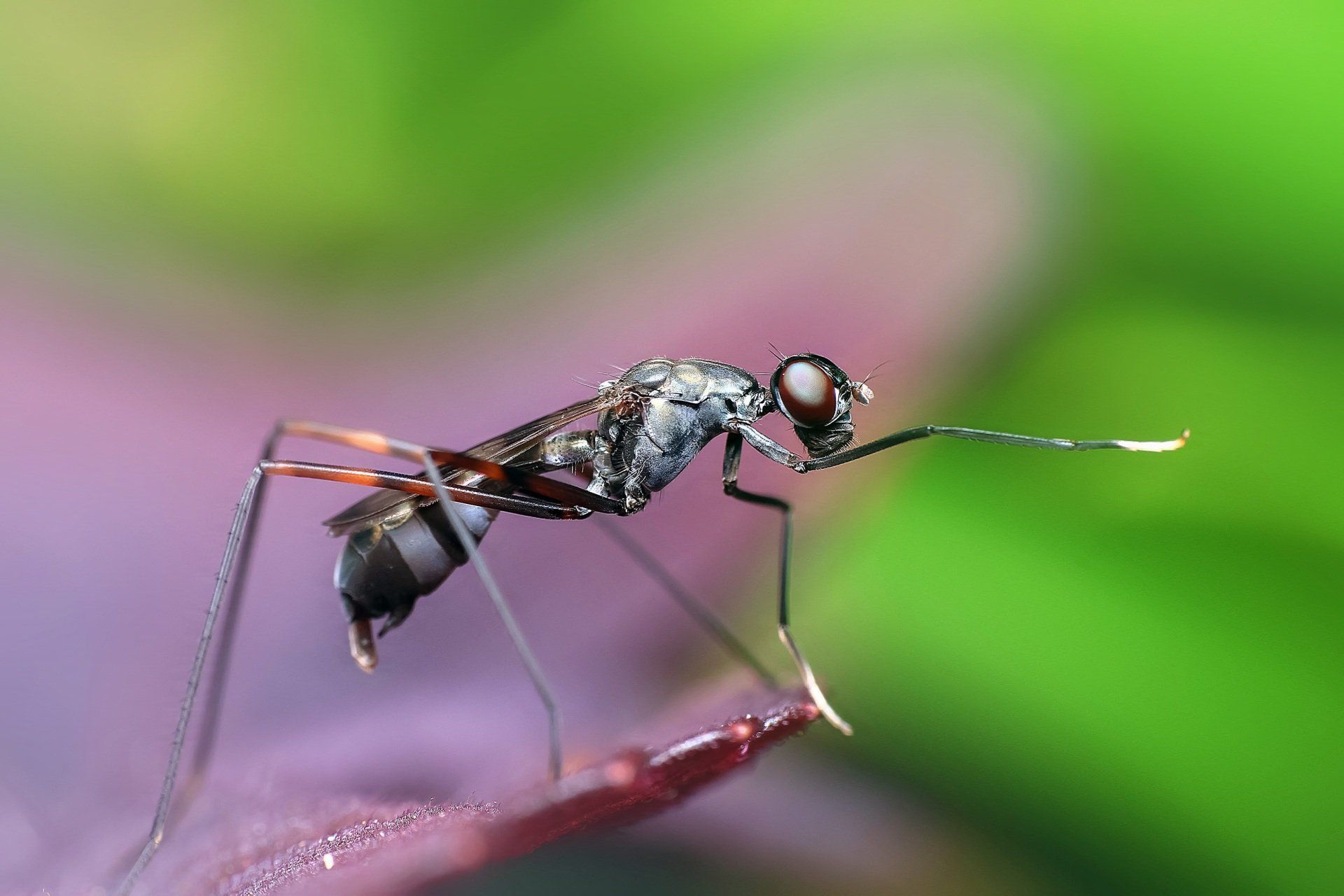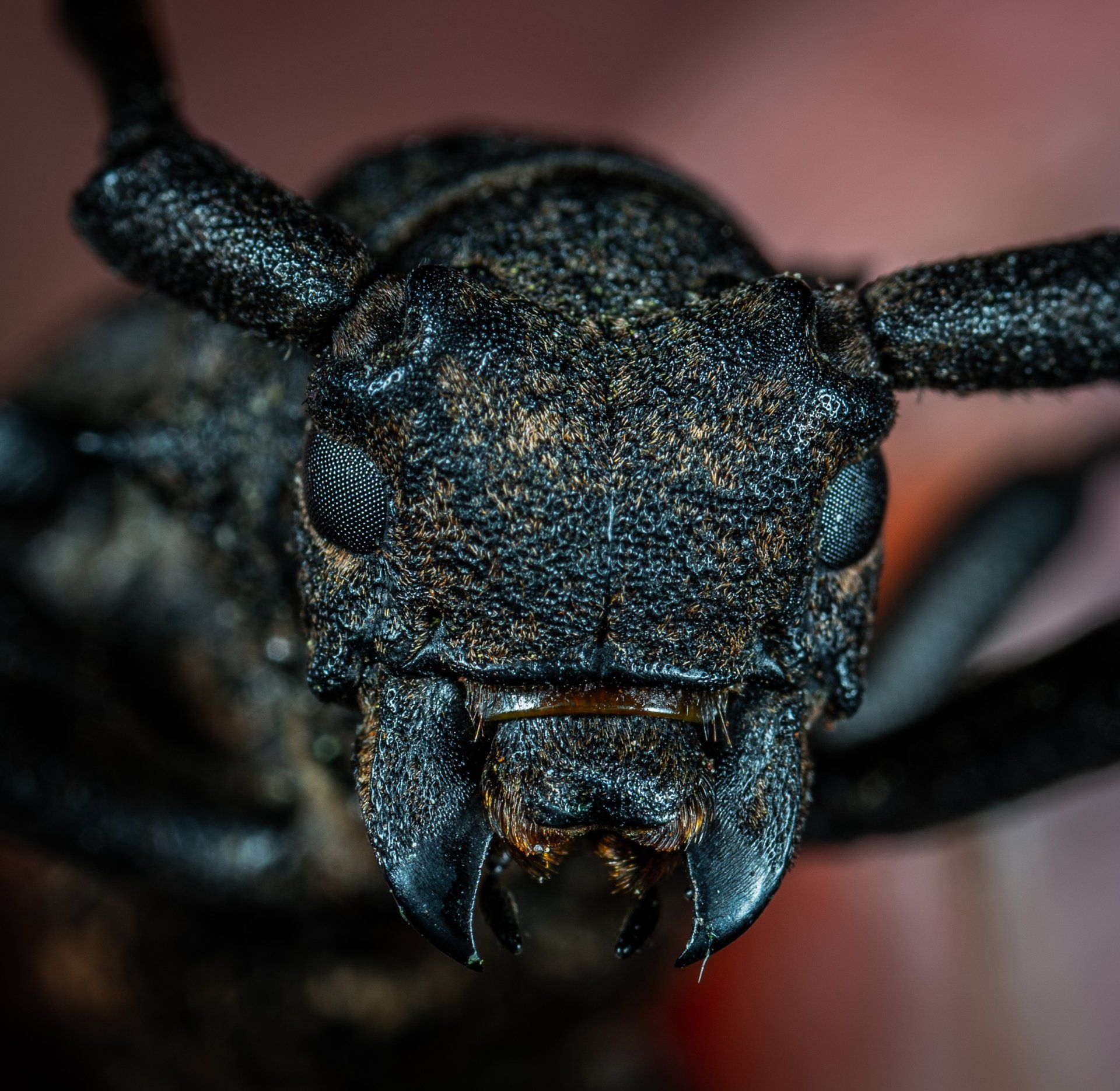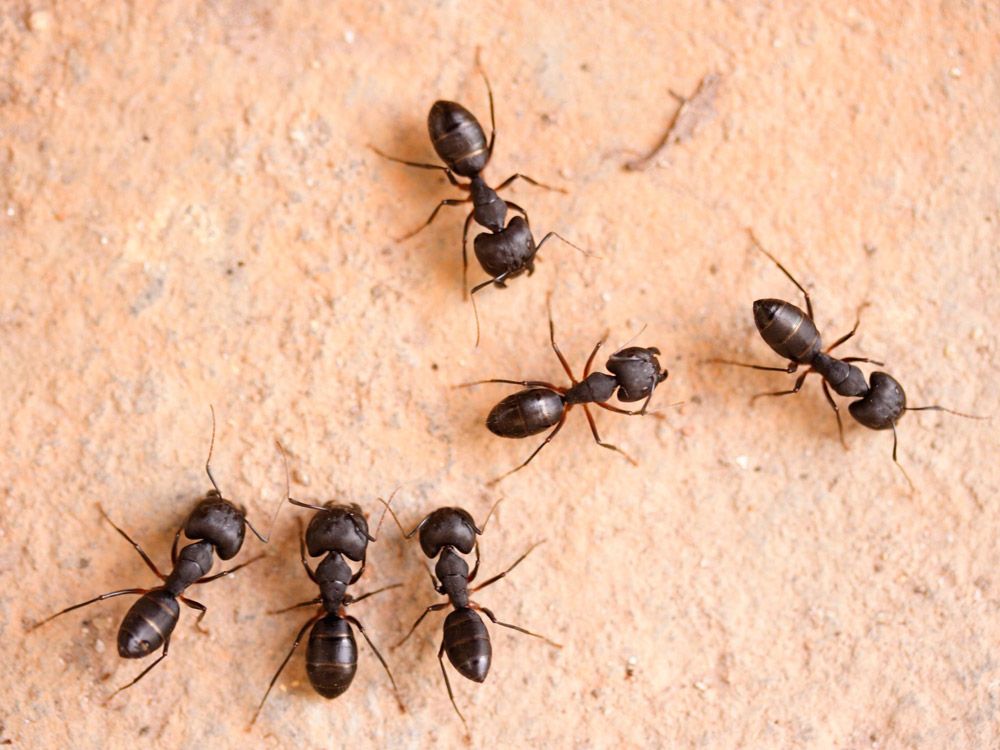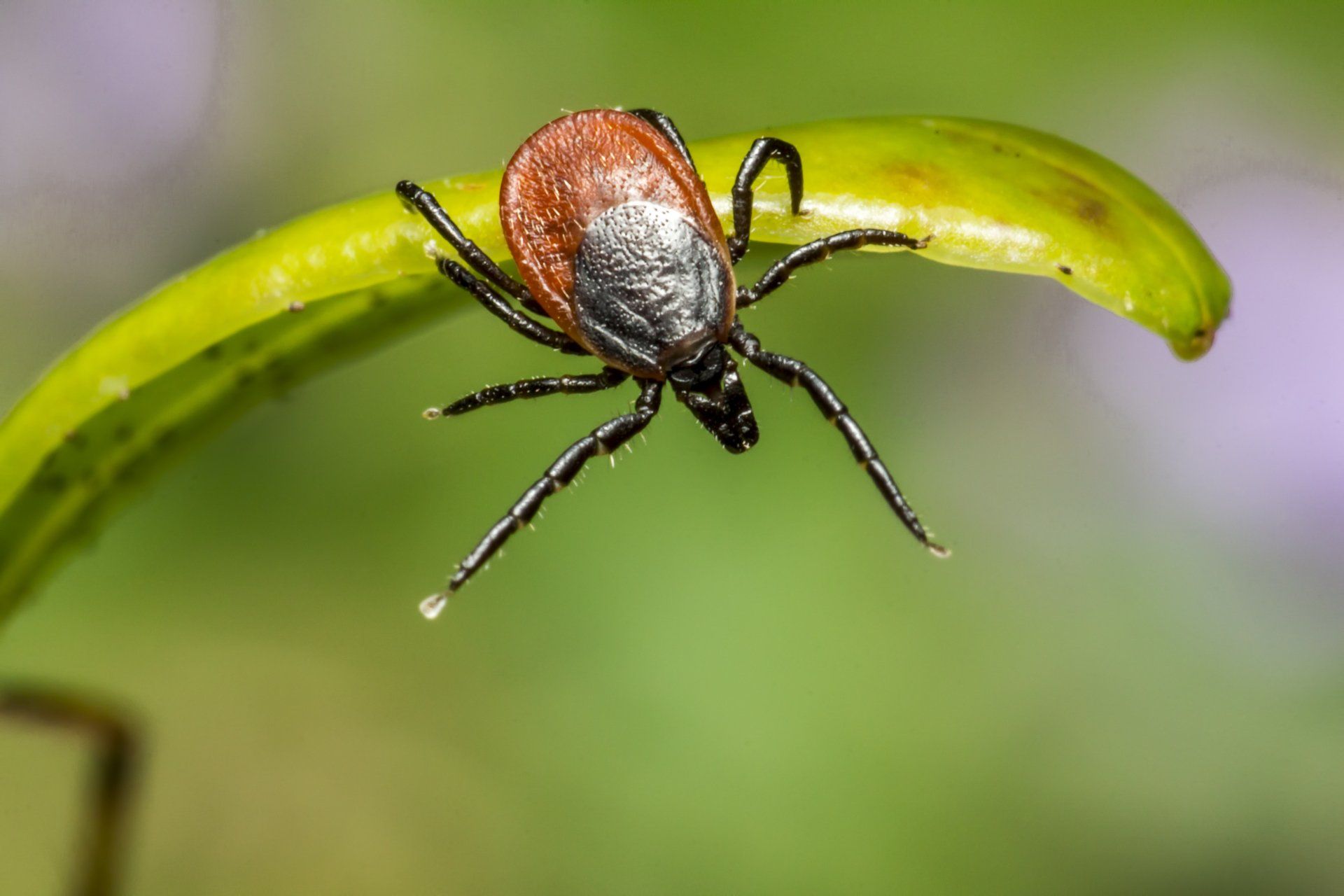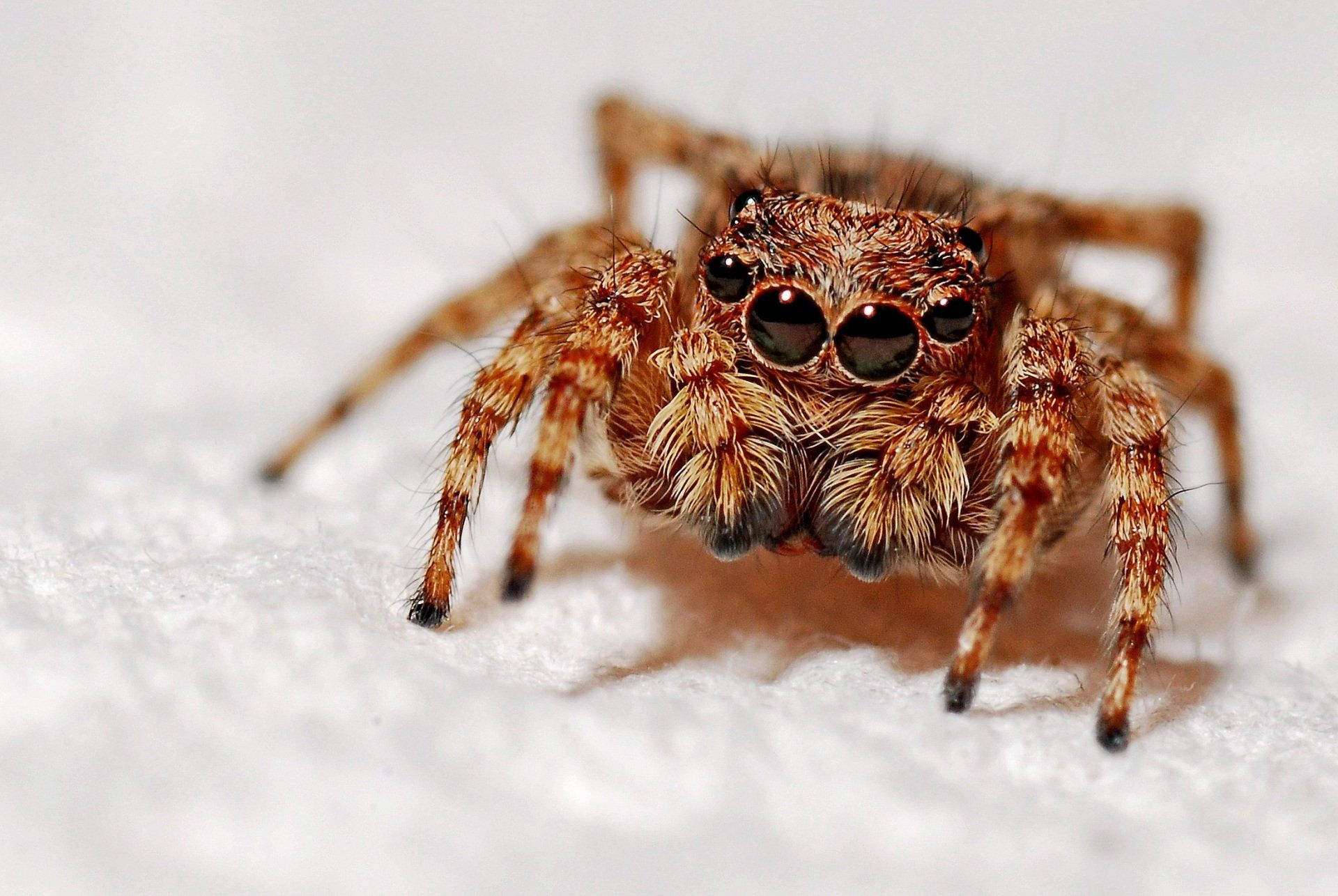Signs of a Centipede Infestation
One centipede can signify many.
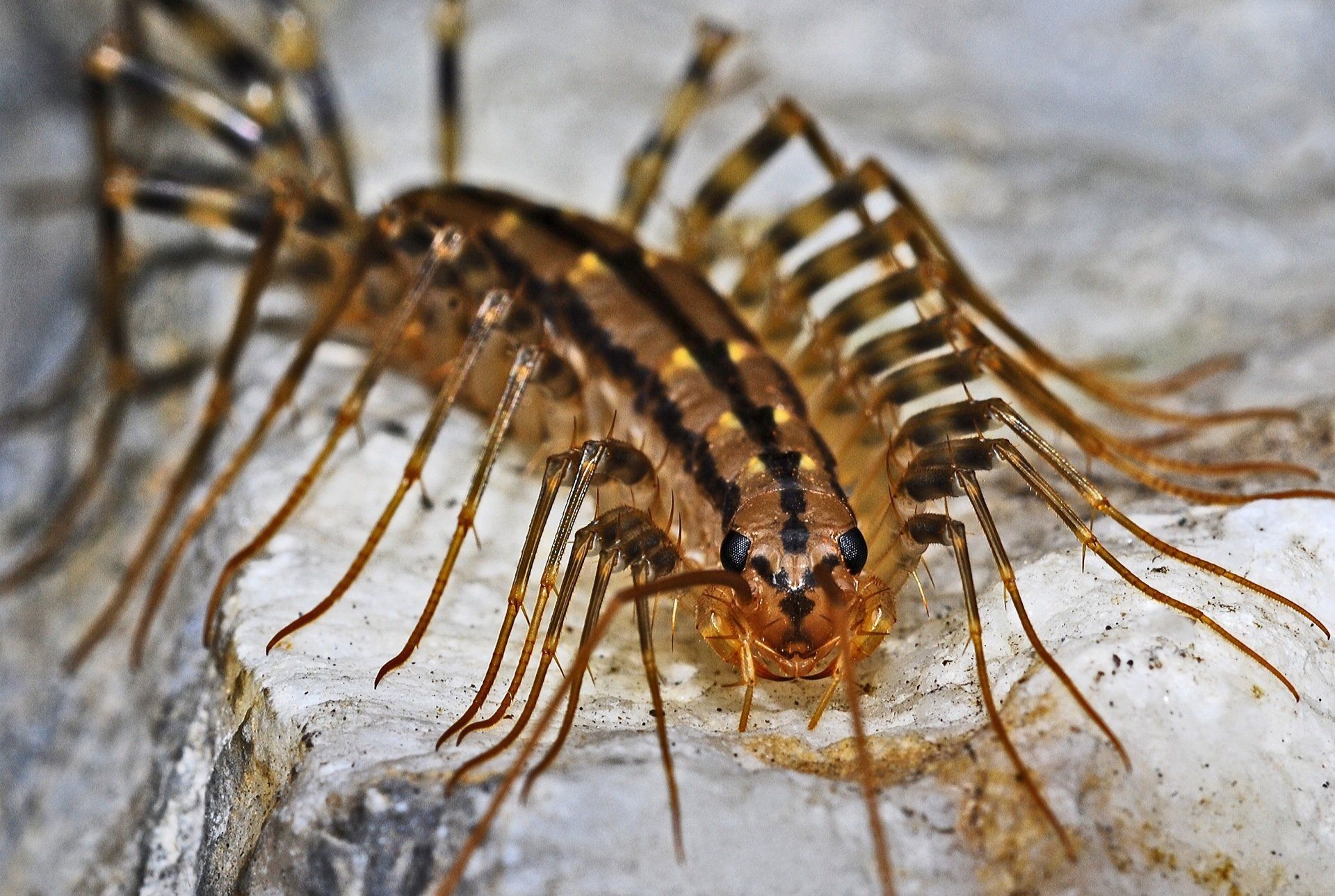
We’ve all seen a centipede run across the room, its legs moving so fast it appears to glide. And if you’ve even found one crawling near you, they may be more than a little off-putting.
Most likely, a centipede will run if you corner it, but there’s always a chance one could bite, although this isn’t likely. And seeing as they don’t have teeth, they’re not really “bites.” However, these “bites” could cause allergic reactions, sometimes severe ones, for anyone with a centipede allergy.
This is why you need to understand the signs of a centipede infestation. Unfortunately, it’s not always easy to know the difference between a rogue insect and a problem that requires a call to a professional pest control technician in Sussex County, NJ.
Signs of a House Centipede Infestation
So how do you know if you have a centipede infestation? These pests can be great at hiding, making it difficult to know the difference between a few rogue bugs and an infestation lurking inside your home.
You might find these pests in the damp parts of your home, such as your basement or bathroom, especially tubs. They’re also common in closets.
Since centipedes look for moisture, an influx of these pests might mean water damage. It could also mean you have a leak that requires investigation.
This is why you should contact a professional pest removal company to thoroughly inspect your home. They know where to look for these insects, including in attics and crawl spaces. These pests also hide in floor drains, so a pest control technician will inspect all possible areas.
Keep in mind that cardboard absorbs water, creating a moist area that centipedes love. You should consider moving items from cardboard boxes to plastic totes, working to reduce the incidence of these pests.
How many centipedes is an infestation, exactly? That depends. The best train of thought is that an uptick in these pests usually means an infestation or moisture is drawing them in, so always have a professional come out to inspect your space.
If you suspect you have a centipede house infestation, you may notice any of the following:
- Centipedes in your home
- It’s springtime, and they’re hatching
- Other indoor pests attracting centipedes (silverfish, spiders, cockroaches, ants, and bedbugs)
Centipede infestations are treatable, so don’t hesitate to contact a professional pest control technician.
How Fast Do House Centipedes Multiply?
One house centipede can produce upwards of 35 eggs during their reproductive cycle, which is just a few days. You’ll commonly notice these eggs hatching in the springtime, which means an infestation might be quick to occur.
The issue with centipedes is that they’re incredibly fast, which means they can run across the room without you noticing. Consider this: in one second, a centipede can run 16 inches. This doesn’t give you much time to notice them in your home.
The other problem with spotting a centipede infestation is that they’re nocturnal. So, unless you are, too, you most likely won’t see them scurrying about your home. This gives them plenty of time to multiply and infest your house.
Do You Have a Centipede Infestation?
A house centipede can quickly multiply. They can move even faster and are nocturnal, so they’re easy to overlook. However, you could have an infestation lurking in your home, which means you should address the issue sooner than later.
If you’re unsure about a centipede infestation, Serene Property Services can help. We’ll work with you to identify the type of pest invading your house, creating a custom pest removal plan. Contact us today to discuss your pest removal needs.
We will get back to you as soon as possible
Please try again later
About Us
Contact Info

